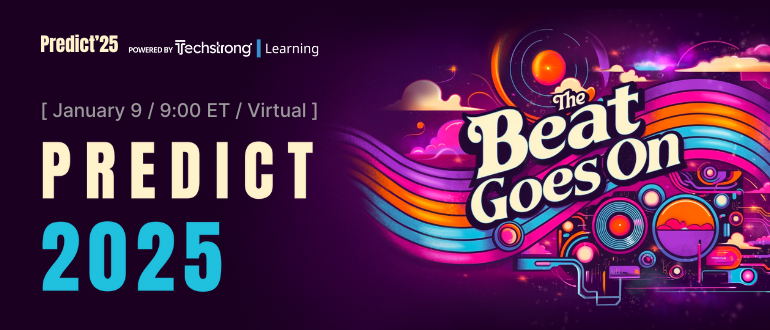Google is previewing an instance of a generative artificial intelligence (AI) service that surfaces code recommendations to make it possible to build high-quality applications faster.
Specifically, Duet AI for Google Cloud surfaces code recommendations in real-time, generates full functions and code blocks and suggests fixes for vulnerabilities and errors in the code that it discovers. It also promises to enable DevOps teams to create custom large language models (LLM) based on their own code. In fact, GitLab and Tabnine are, respectively, already integrating LLMs running on Google Cloud with their continuous integration/continuous delivery (CI/CD) platform and testing tools.
Chen Goldberg, vice president of engineering for Google, told attendees at the Google I/O 2023 conference that Duet AI for Google Cloud will fundamentally change how developers will be able to build applications, regardless of their skill level.

Duet AI for Google Cloud was trained using data collected from Google Cloud using sample code and documentation to fine-tune behaviors and patterns.
Duet AI for Google Cloud is available under an AI Trusted Tester Program and provides developers with many of the same capabilities that can be found in the GitHub Copilot tool that is based on the LLMs created by OpenAI.
In addition to making Duet AI for Google Cloud accessible via both its tools and managed services, Google said it also plans to integrate the service with multiple integrated development environments (IDEs).
It’s still early days as far as the use of generative AI within DevOps workflows is concerned, but it’s clear that the amount of code being created by developers is about to increase exponentially. Hopefully, AI technologies will also one day help software engineers find ways to manage the massive volume of code moving across their DevOps pipelines.
Generative AI platforms will fundamentally change the way humans interact with machines. Instead of requiring a developer to create a level of abstraction to communicate with a machine, it’s now possible for machines to understand the language humans use to communicate with each other. Using a natural language interface, developers will soon be asking generative AI platforms to not only make suggestions but also debug applications and, eventually, write the code used to create an application.
At this point, like it or not, the generative AI genie is out of the proverbial bottle. Just about every job function imaginable will be impacted to varying degrees. In the case of DevOps teams, the ultimate impact should involve less drudgery and toil as many of the manual tasks that conspire to make managing DevOps workflows tedious are eliminated.
In the meantime, DevOps teams should spend some time identifying which tasks will become automated by generative AI and other technologies that employ machine and deep learning algorithms. It doesn’t make much sense to onboard new members to a DevOps team only to discover that the tasks assigned to that individual are about to be automated. Hopefully, when all these AI technologies are finally implemented, the entire DevOps experience will be better than ever.



